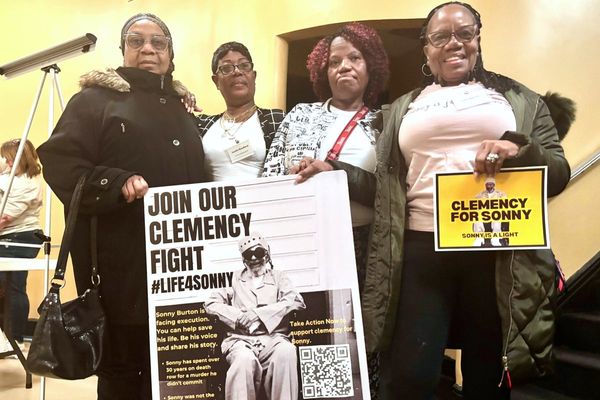
The U.S. Treasury Department has taken strong action against three Mexican financial institutions for their alleged involvement in fentanyl trafficking and money laundering operations. The targeted institutions are CIBanco S.A., Intercam Banco S.A., and Vector Casa de Bolsa.
According to The Washington Post, the Financial Crimes Enforcement Network (FinCEN) identified these institutions as being of primary money laundering concern, particularly in connection with opioid trafficking. The U.S. orders will prevent American financial institutions from conducting any transactions with these Mexican companies.
“Financial facilitators like CIBanco, Intercam, and Vector are enabling the poisoning of countless Americans by moving money on behalf of cartels, making them vital cogs in the fentanyl supply chain,” Treasury Secretary Scott Bessent said in a statement.
Mexican banks deny wrongdoing as U.S. provides evidence of suspicious transactions
The three institutions represent significant players in Mexico’s financial sector. CIBanco holds over $7 billion in assets, while Intercam manages $4 billion. Vector, which operates throughout Latin America, oversees nearly $11 billion in assets.
According to U.S. Treasury findings, CIBanco handled more than $2.1 million in payments from Mexico-based companies to Chinese firms that supplied precursor chemicals for fentanyl production between 2021 and 2024. The bank allegedly worked with several cartels, including the Beltrán Leyva, Jalisco New Generation, and Gulf cartels.
Intercam Banco reportedly moved more than $1.5 million to Chinese companies involved in shipping precursor chemicals to Mexico. The U.S. Treasury also claims that Intercam executives met with suspected Jalisco cartel members in late 2022 to discuss money laundering operations.
The Trump administration on Wednesday restricted US banks from making transactions with three Mexican financial firms over concerns that they are laundering money for drug cartels.
— CyberChick (@warriors_mom) June 26, 2025
The sanctions – the first implemented under the Fentanyl Sanctions Act and the FEND Off Fentanyl…
Vector Casa de Bolsa was accused of helping a Sinaloa Cartel operative launder $2 million between 2013 and 2021. The firm also allegedly processed more than $1 million in payments to Chinese companies known for shipping precursor chemicals to Mexico.
However, Mexican officials have challenged these accusations. The Mexican Treasury Ministry stated that it had requested evidence of wrongdoing from U.S. authorities but claimed that “no evidence has been received.” They also noted that the transactions identified with Chinese businesses were common among Mexican financial institutions.
This action comes as part of President Donald Trump’s broader campaign to pressure Mexico into taking stronger action against drug cartels, though Mexico’s President just politically curb-stomped Trump’s tariffs in recent diplomatic exchanges. Trump has previously threatened punitive tariffs and designated six Mexican cartels as foreign terrorist groups. The fentanyl crisis continues to be a major concern, with over 80,000 Americans dying from drug overdoses in 2024, despite a 27 percent decrease in overdose deaths compared to 2023.
The crackdown on these financial institutions represents a significant escalation in U.S. efforts to disrupt the fentanyl supply chain, targeting not just the cartels themselves but also the financial systems that enable their operations, part of Trump’s broader economic warfare approach that has manufacturers saying Trump tariff disruption rivals COVID-19.







